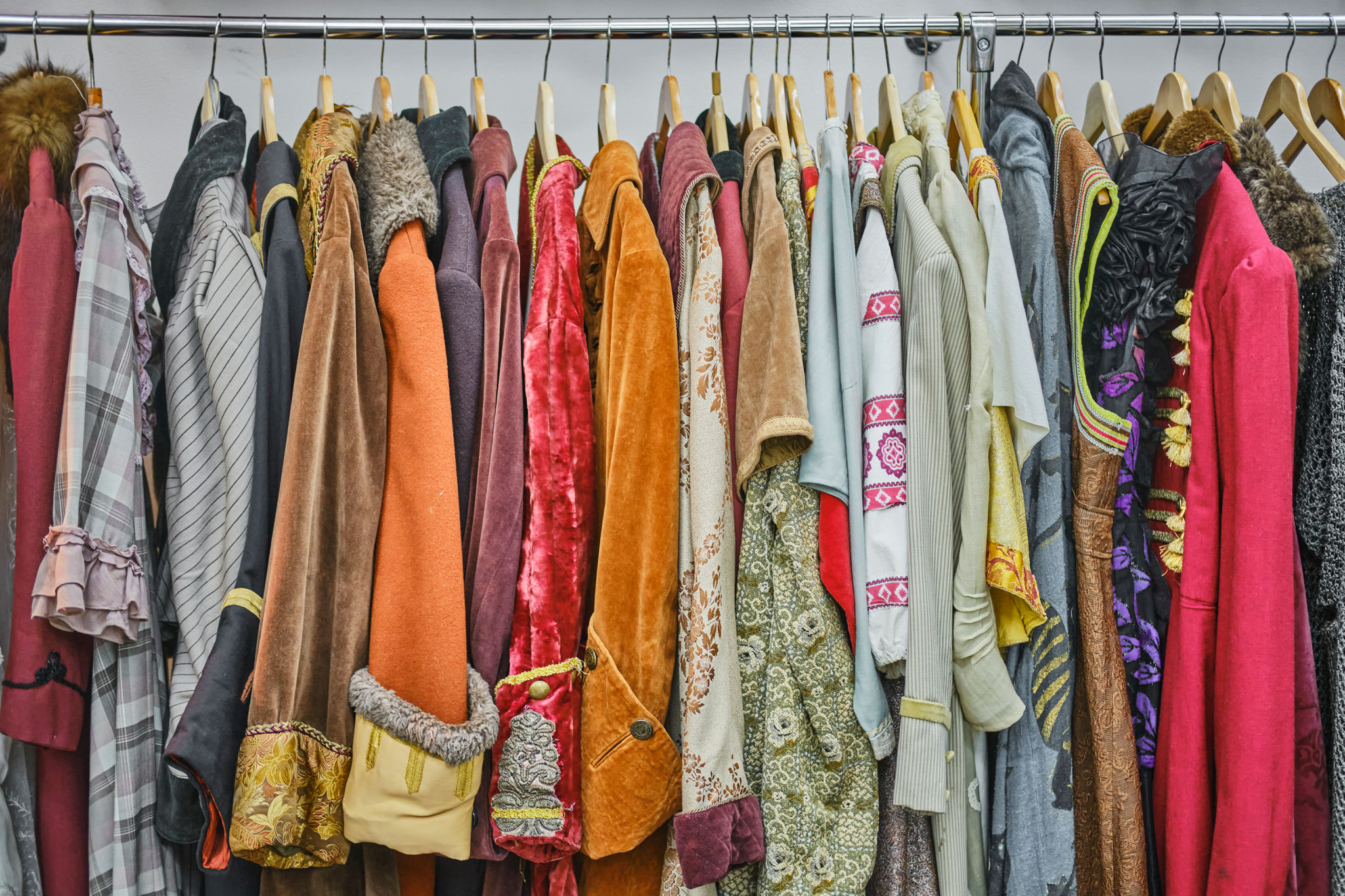A Deep Dive into Hungary's Role in World War II Through Film
Exploring Hungary's WWII History Through Cinema
World War II was a defining moment in global history, and Hungary's involvement in the conflict offers a complex and often overlooked narrative. Hungarian cinema has played a significant role in bringing these stories to light, offering audiences worldwide a chance to explore the country's wartime experiences and perspectives. Through films spanning several decades, filmmakers have delved into the political, social, and personal aspects of Hungary during this turbulent period.

The Political Landscape in Film
Hungary's political situation during World War II was fraught with tension and change. Films like "The Round-Up" and "Sunshine" depict the shifting allegiances and the internal conflicts within the country. These movies highlight how Hungary navigated its alliances, first siding with the Axis powers and later facing occupation by Nazi Germany. By portraying these historical events, the films provide a nuanced understanding of the geopolitical forces at play.
In addition to exploring external alliances, Hungarian films also delve into the internal political struggles of the time. The tension between different factions within Hungary is a recurring theme, reflecting the complexity of its political landscape during the war years. Through powerful storytelling and vivid imagery, these films bring to life the intricate dynamics that defined Hungary's role in WWII.
Social Impact and Human Stories
The war's impact on Hungarian society is another critical theme explored in cinema. Films such as "Fateless" and "The Notebook" focus on personal narratives, depicting the war's devastating effects on individuals and families. These stories provide a human face to historical events, highlighting the resilience and suffering of ordinary people caught in extraordinary circumstances.

By focusing on personal stories, filmmakers offer a poignant look at themes such as identity, loss, and survival. The characters' experiences often mirror the broader national trauma, providing viewers with an intimate glimpse into how Hungarians coped with the war's challenges. These films serve as powerful reminders of the human costs of conflict.
Cultural Reflections Through Cinema
Hungarian films about World War II also reflect on cultural identity and heritage. The country's Jewish community, in particular, has been a focus, with films exploring the impact of anti-Semitic policies and the Holocaust. Movies like "The Revolt of Job" tackle these sensitive topics with sensitivity and depth, shedding light on a dark chapter in Hungarian history.

Through these cinematic portrayals, filmmakers contribute to a broader understanding of Hungary's cultural legacy. They offer audiences a chance to reflect on how historical events have shaped national identity and cultural narratives. By examining these stories through film, viewers can gain insights into how Hungary's past continues to influence its present.
The Role of Film in Historical Interpretation
Film serves as a powerful medium for interpreting and reinterpreting historical events. Hungarian WWII films not only document history but also engage with it critically, challenging audiences to reconsider accepted narratives. By presenting alternative perspectives and highlighting lesser-known stories, these films enrich our understanding of Hungary's role in World War II.
The artistic choices made by filmmakers—such as cinematography, dialogue, and symbolism—further enhance the storytelling experience. These elements help convey the emotional weight of historical events, allowing audiences to connect with the material on a deeper level. In this way, Hungarian cinema becomes an essential tool for both education and reflection.
Conclusion: The Enduring Legacy of Hungarian WWII Films
As we delve into Hungary's role in World War II through film, it becomes clear that these cinematic works offer invaluable insights into the country's complex history. They capture the political intricacies, social upheavals, and personal tragedies that defined this era. By preserving these stories on screen, Hungarian filmmakers ensure that the lessons of the past remain relevant for future generations.
In conclusion, exploring Hungary's wartime narrative through film invites us to engage with history in a meaningful way. It challenges us to confront difficult truths while celebrating the resilience of those who lived through unimaginable adversity. As such, Hungarian WWII films are not just reflections of the past—they are vital contributions to our understanding of humanity's shared history.